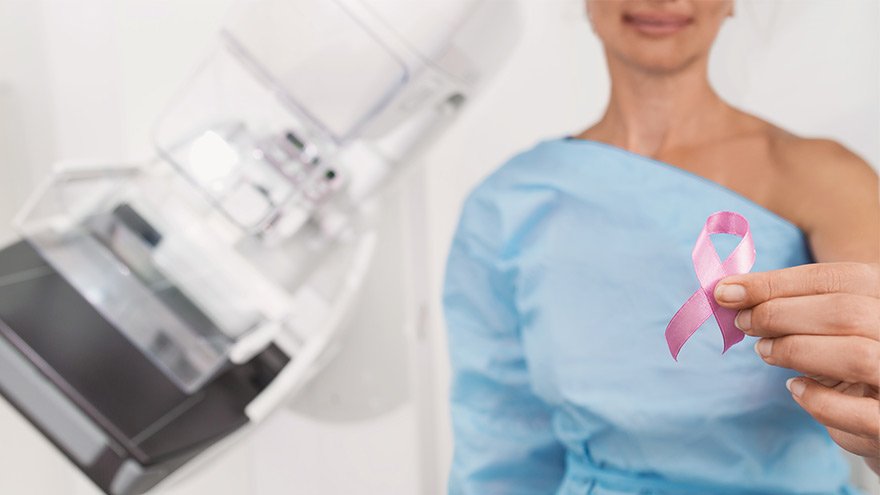

According to the American Cancer Society, approximately 13,820 new cases of invasive cervical cancer will be diagnosed, and 4,360 women will die from cervical cancer. However, cervical cancer is preventable with regular screening tests and the HPV vaccine. It’s important to note that medical advances have allowed progress in diagnosing and treating cervical cancer. While it used to be one of the most common causes of cancer death for American women, the incidence of death has significantly declined.
What to Know About the HPV Vaccine
- HPV vaccination is the best way to prevent cervical cancer and is recommended for all youth starting as early as age 9, or for teens and adults up to age 45 who didn’t start or finish the series. In Nevada, only 50.1% of teens ages 13-17 have been vaccinated for HPV.
- There are 13 types of HPV, and the vaccine Gardasil 9 protects against 9 of those HPV strains, greatly reducing the incidence of cervical cancer among vaccinated individuals.
What to Know About Cervical Cancer Screenings
The CDC says the most important thing you can do to help prevent cervical cancer is to have regular screening tests starting at age 21. And there are two common tests that can detect early stages of cervical cancer (or precancer) and improve health outcomes.
- The pap test (or pap smear). This screening looks for precancers. Women should begin getting pap smears when they’re 21.
- The human papillomavirus (HPV) test looks for the virus that can cause these cell changes.
Cervical Cancer Screening Schedule
The American Cancer Society offers the following guidelines for screenings:
- All women should begin cervical cancer screening at 21. Women between 21 and 29 should have a pap test every three years.
- Beginning at 30, the preferred way to screen is with a pap test combined with an HPV test every five years. This is called co-testing and should continue until age 65. A pap test (or pap smear) is performed during a regular screening appointment to look for precancers, cell changes on the cervix that might become cervical cancer if they are not evaluated or appropriately treated. Typically outpatient procedures can reduce the risk of long-term health impacts that prevent pre-cancerous cells from becoming cancer cells.
- Women over 65 who have had regular screenings in the previous ten years should stop cervical cancer screening as long as they haven’t had any severe precancers found in the last 20 years.
How to Get Screened
Request an appointment with your primary care physician or OBGYN to schedule a screening.
Women's Health Services

Symptoms of Cervical Cancer
- Vaginal bleeding between periods or after menopause
- Menstrual bleeding that is longer than usual
- Bleeding after intercourse
- Pain during sexual intercourse
- Persistent pelvic or back pain
- Pain during urination
- Needing to urinate more often
- Vaginal discharge that may be heavy or have a foul odor
- Weight loss
Related Blogs


Mission in Motion: Empowering Future Medical Physicists at Renown
